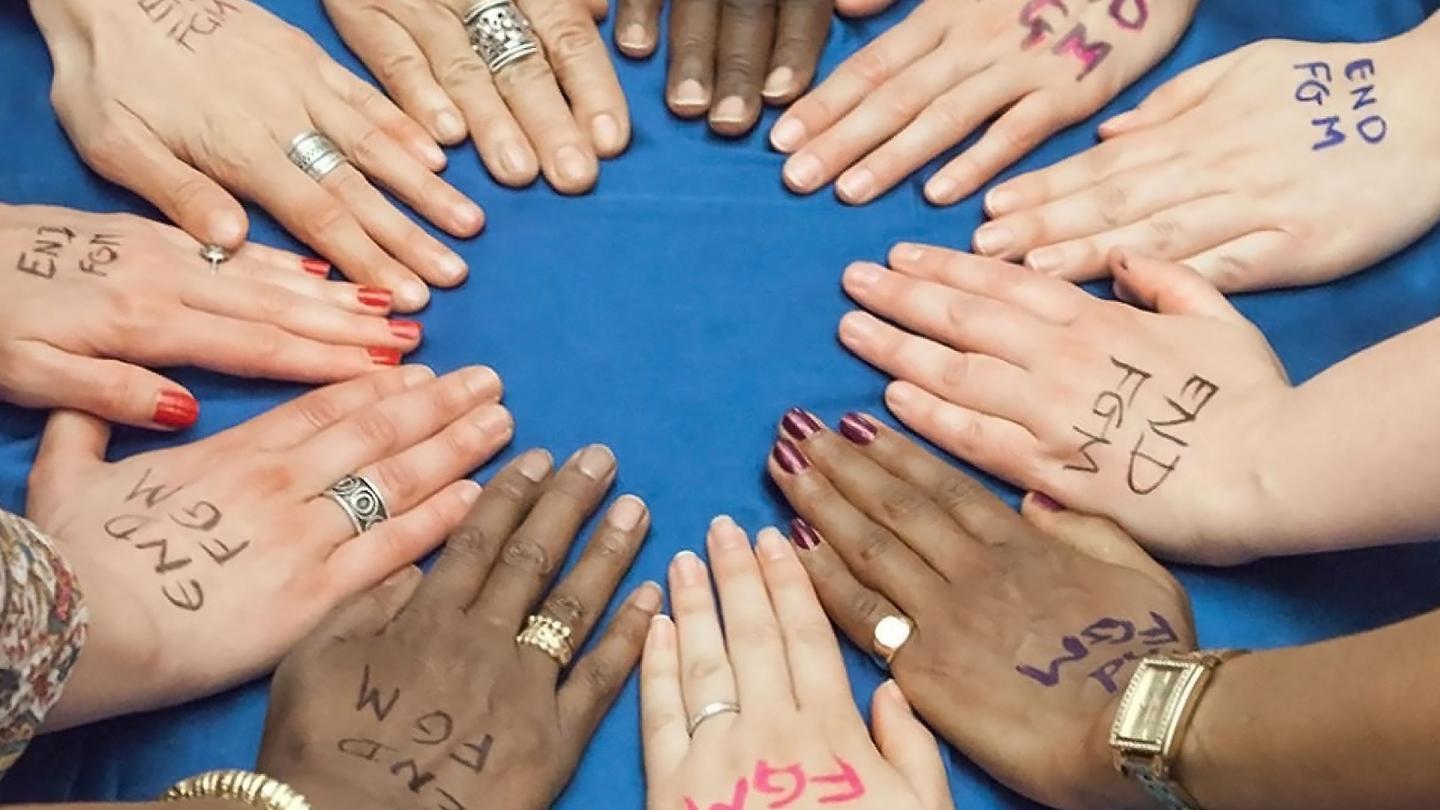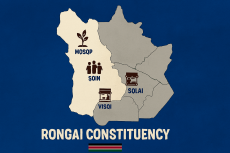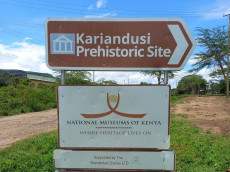- FGM is a clear violation of human rights, robbing girls and women of their right to bodily integrity, health, and freedom from torture and cruel, inhuman, or degrading treatment.
Female Genital Mutilation (FGM), also known as female circumcision, remains a deeply entrenched cultural practice in many communities worldwide. However, the physical and psychological consequences of FGM are severe and demand urgent attention.
Communities must understand the devastating effects of FGM and work towards its abandonment to protect the well-being and rights of girls and women.
FGM involves the partial or complete removal of the external female genitalia, often carried out under unsanitary conditions. This procedure poses significant health risks, including severe pain, bleeding, infection, and sometimes even death.
Long-term consequences can include chronic pain, urinary problems, complications during childbirth, and an increased risk of infection.
Equally distressing are the psychological scars, with many girls and women who have undergone FGM experiencing anxiety, depression, and post-traumatic stress disorder (PTSD). These psychological effects profoundly impact their overall well-being and quality of life.
Read More
FGM is a clear violation of human rights, robbing girls and women of their right to bodily integrity, health, and freedom from torture and cruel, inhuman, or degrading treatment.
The practice perpetuates gender inequality and is often used as a means of controlling women's sexuality. Communities must recognize the importance of upholding human rights and reject FGM as a harmful cultural tradition.
While FGM may have been passed down as a cultural tradition through generations, it is essential to acknowledge that traditions can evolve.
Communities should strive to preserve their cultural heritage in ways that do not harm their members physically or psychologically. It is possible to respect cultural identity while prioritizing the well-being and rights of girls and women.
International organizations, human rights activists, and countless survivors have been tirelessly advocating for the abandonment of FGM.
The United Nations has declared FGM a violation of human rights, and many countries have implemented legislation to ban the practice. However, actual change can only be achieved when communities are empowered with education and resources.
Communities must be educated about the physical and psychological harm caused by FGM. They need to understand that alternatives exist that uphold their cultural identity while respecting human rights.
By providing information and resources, communities can make informed decisions and actively choose to abandon the practice.
Communities should also offer support and resources to survivors of FGM. Psychological counselling, healthcare services, and safe spaces for sharing experiences are essential for survivors to heal and become advocates for change within their communities.
By providing support, communities can help survivors navigate the physical and emotional consequences of FGM and empower them to contribute to ending the practice.


-1770826318-md.jpg)



-1770803686-md.png)

-1770826318-sm.jpg)



-1770803686-sm.png)